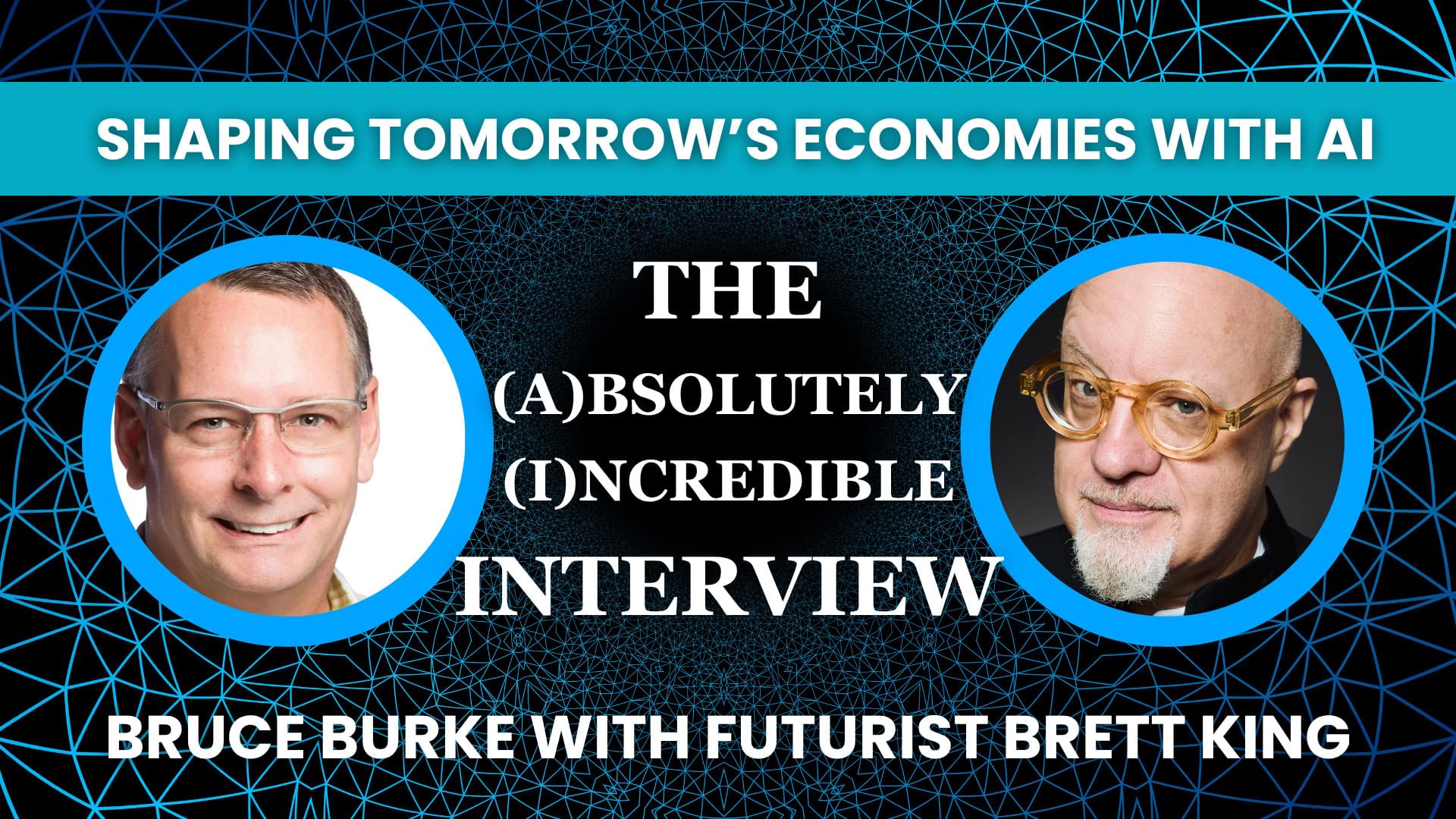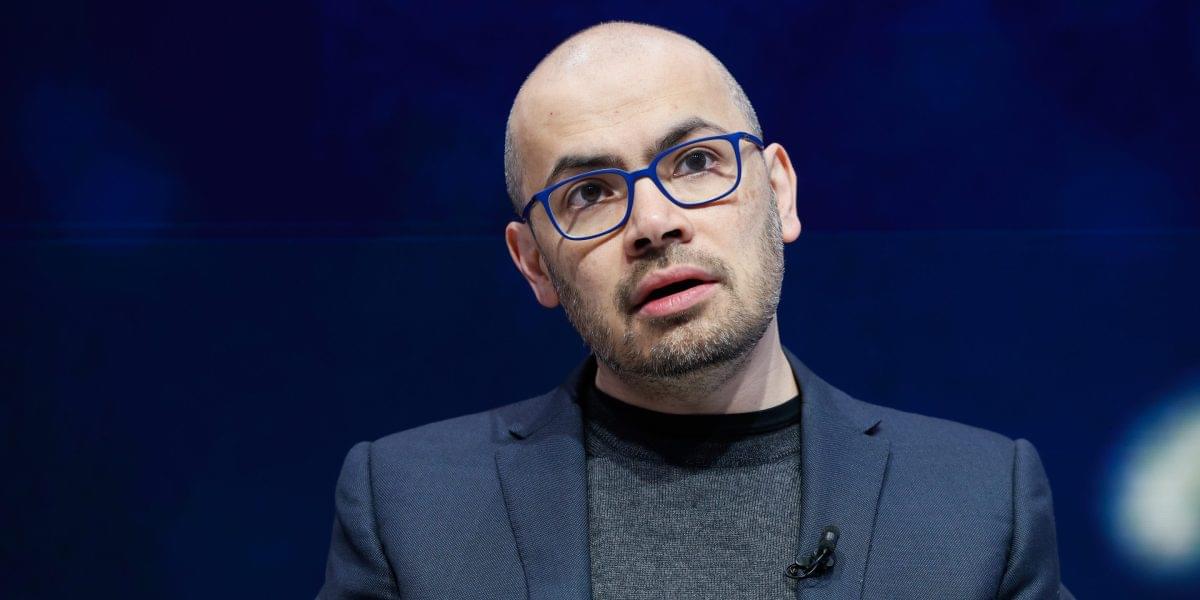Financial Technology, Artificial Intelligence, Universal Basic Income, and More…



Every action in physics is governed by some kind of push or pull. As far as we know, these all fall into one of just four categories; electromagnetism, gravity, and two kinds of nuclear force.
Yet there could well be forces hidden deep within the tiny storms of particle dynamics that have been simply too subtle to easily detect.
Physicists from Germany, Switzerland, and Australia have now placed new restrictions on where one example of a ‘fifth’ force may be hiding in the hearts of atoms, exchanging whispers between electrons and neutrons.

The Standard Model of particle physics, our best guide to the building blocks of nature, once claimed neutrinos were massless. But that turned out to be wrong. Neutrinos do have mass—just an incredibly tiny one. So far, though, no experiment has measured that mass directly. That’s where the KATRIN experiment comes in.
KATRIN stands for the Karlsruhe Tritium Neutrino Experiment. It’s based in Germany and stretches nearly 70 meters, or about 230 feet—longer than a Boeing 747. Published in the journal, Science, the experiment uses a radioactive form of hydrogen called tritium, which naturally decays into helium. When this happens, it releases an electron and a neutrino.
By measuring the energy of the electron, scientists can figure out how much energy the neutrino took away. This helps them estimate the neutrino’s mass. The trick is, this has to be done with extreme accuracy. That’s why KATRIN includes one of the world’s most advanced spectrometers, which is 10 meters wide and filters out unwanted particles with precision.

A company based in Canada has created the world’s very first plane that’s made mostly from hemp and powered by cannabis oil, giving completely new meaning to the term “sky high”
Designed and built by the weed company Hempearth – who also sell other weed-related items such as food, clothing, and accessories, the plane is claimed to be much stronger, lighter, and much more environmentally friendly than normal planes. Then it physically gets you higher than marijuana, but your plane is made of marijuana, and on marijuana fuel.
But how does it do it, exactly? Almost the entire plane is made from composite hemp fibers that are said to be 10 times stronger than steel, and this includes not only the chassis, but also everything inside of the plane including the seats, walls, and cushions.
When you want to get sky high.

When Hunga Tonga–Hunga Haʻapai, an underwater volcano near Tonga in the South Pacific Ocean, erupted in 2022, scientists expected that it would spew enough water vapor into the stratosphere to push global temperatures past the 1.5 C threshold set by the Paris Accords. A new UCLA-led study shows that not only did the eruption not warm the planet, but it actually reduced temperatures over the Southern Hemisphere by 0.1 C.
The reason: The eruption formed smaller sulfate aerosols that had an efficient cooling effect that unexpectedly outweighed the warming effect of the water vapor. Meanwhile, the water vapor interacted with sulfur dioxide and other atmospheric components, including ozone, in ways that did not amplify warming.
While that’s good news, the study also suggests that efforts to reverse climate change by loading the atmosphere with substances that react with solar radiation to send heat back out into space, an effort known as geoengineering, are potentially even riskier than previously thought and must take new complications into account.

IN A NUTSHELL 🌿 The Dragonfly Turbine is designed by Renzo Piano and ENEL Green Power, inspired by the flight of dragonflies. 🏙️ It features a compact and eco-friendly design that blends seamlessly into urban landscapes, minimizing visual impact. 💡 The turbine maximizes wind capture efficiency even in low-wind conditions, providing reliable energy output. 🇮🇹

Researchers at the Department of Energy’s Oak Ridge National Laboratory have tested a quantum computing approach to an old challenge: solving classical fluid dynamics problems.
The work is published in the journal Physics of Fluids. The results highlight avenues for further study of quantum computing’s potential to aid scientific discovery.
For the test problem, the research team used the Hele-Shaw flow problem—a scenario of two flat, parallel plates extremely close to each other and the flow of liquids and gases between them. The problem, although idealized, offers important applications in real-world problems such as microfluidics, groundwater flow, porous media flow, oil recovery and bioengineering.
#eldddir #eldddir_space #eldddir_earth #eldddir_homo #eldddir_animals#eldddir_disaster #eldddir_ocean #eldddir_bombs #eldddir_future #eldddir_tech #eldddir_j…

